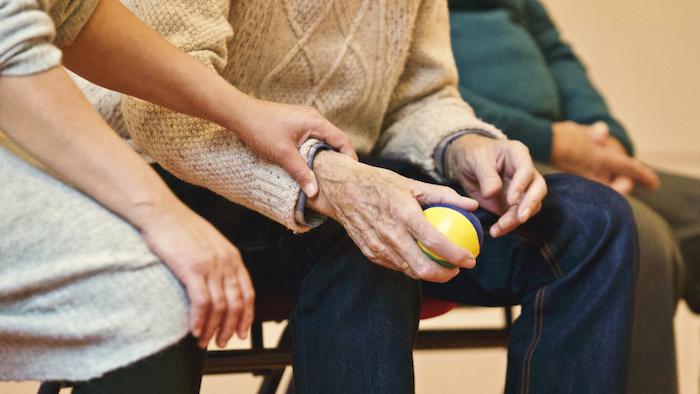Depression is a serious illness that affects 350 million people worldwide. It’s likely you know at least one person struggling with depression or may even experience it yourself. Even if you don’t know someone who openly has depression, it’s pretty likely someone you know does, but you simply aren’t aware of it. It can be difficult to know how to support someone with depression, especially because there isn’t much you can do to fix the problem and sometimes they can’t even pinpoint what’s wrong. Here are some helpful ways you can support your loved one with depression and show them you care.
Learn as much as you can
If you suspect or know that a loved one is dealing with depression, learn as much as you can about it. Even if they haven’t told you they’re depressed, it’s important to understand the signs and know what you can do to help. Do lots of research online, visit forums for people with depression and their loved ones, and know what warning signs to look out for of possible self harm. The more informed you are, the more helpful you can be to your loved one.
Let them know you’re there
While they may not have told you they’re struggling with depression, if you suspect they are, broach the subject. They might not be interested in discussing it at all, but just let them know you’re there. If they are open about being depressed, you can let them know that you’ll be there, but also ask if there’s a specific reason they feel this way, if there’s anything specific you can do, or that they’re important to you. Avoid saying things like they’ll snap out of it or it’s just a feeling that’ll go away. For people with serious depression, it’s a lasting issue.
Encourage them to get treatment
If your loved one openly talks about their depression, encourage them to seek treatment. Many people are wary of this step, for various reasons. Reassure them there’s no shame in seeking help and lots of people deal with similar feelings. Tell them you’ll go with to the first meeting if they’d like. Consider having them see their physician before a therapist, which often feels like a smaller, safer step. Whatever they decide to do, support their treatment and help out as much as you can.
Know how to get immediate help
Unfortunately, people with depression are sometimes more likely to harm themselves. Know what symptoms to watch out for. If they frequently talk about dying or how people would be better off with them gone, reassure them that’s not the case and then consider contacting a crisis hotline. Talk to them about what they’re experiencing; do not ignore warning signs of suicidal thoughts and write them off as nothing serious.
Remember to take care of yourself
Finally, while you need to support your loved one, it’s important to also take care of yourself. Depression can severely wear on relationships, especially if it’s affecting someone’s work, family life, social life, or other relationships. Do not get angry at your loved one for being depressed and learn to cope with your own feelings. Consider talking to someone yourself in order to deal with any negative feelings you may have, such as feeling neglected or responsible for taking care of both of you. You need to keep yourself healthy, physically and mentally, if you want to help a loved one with depression.

